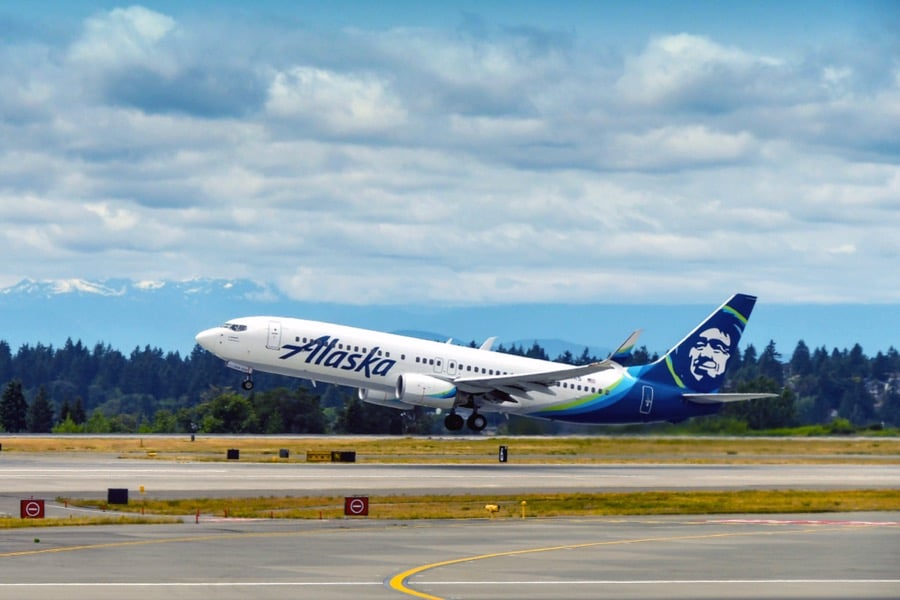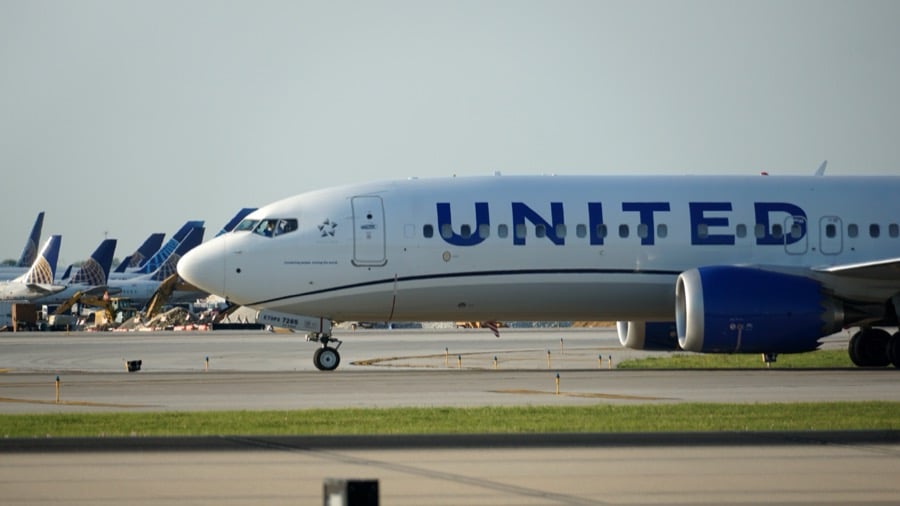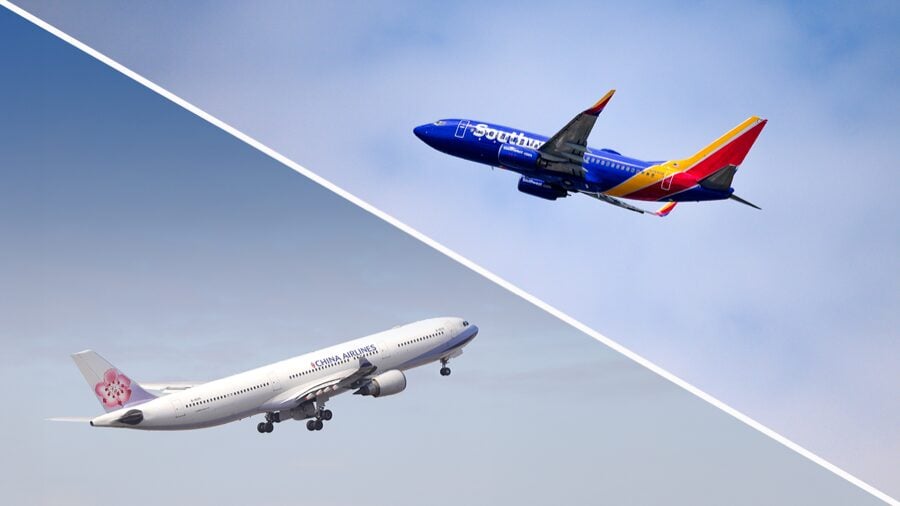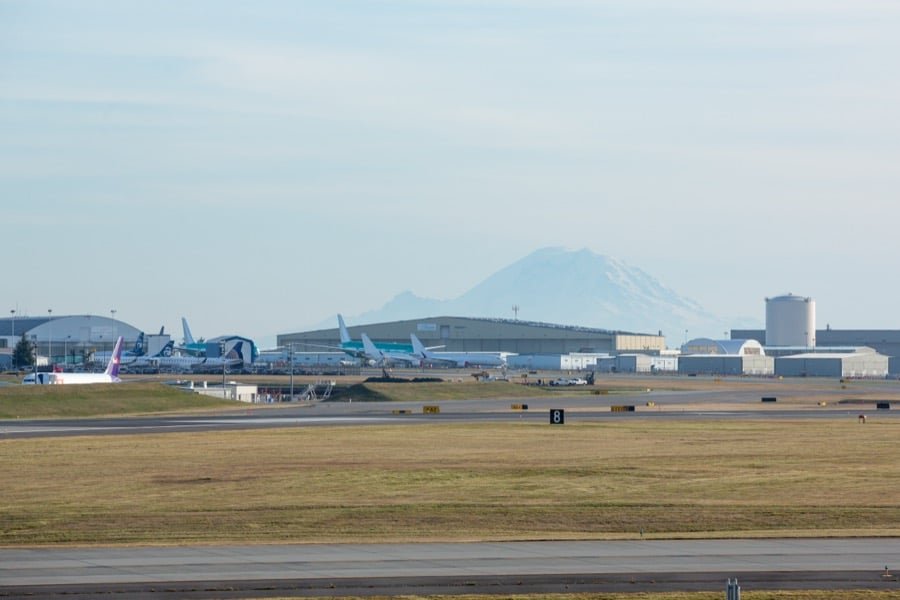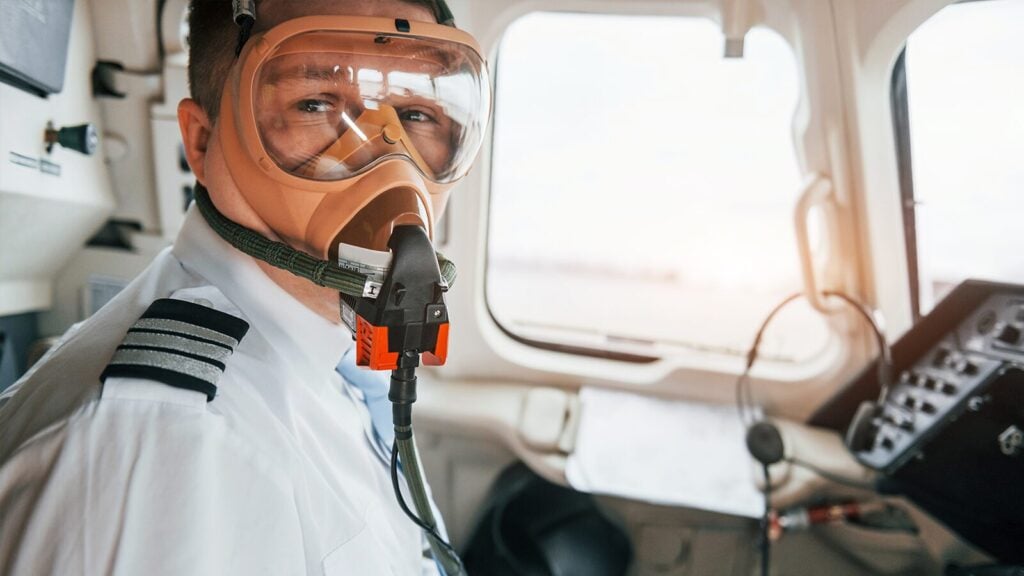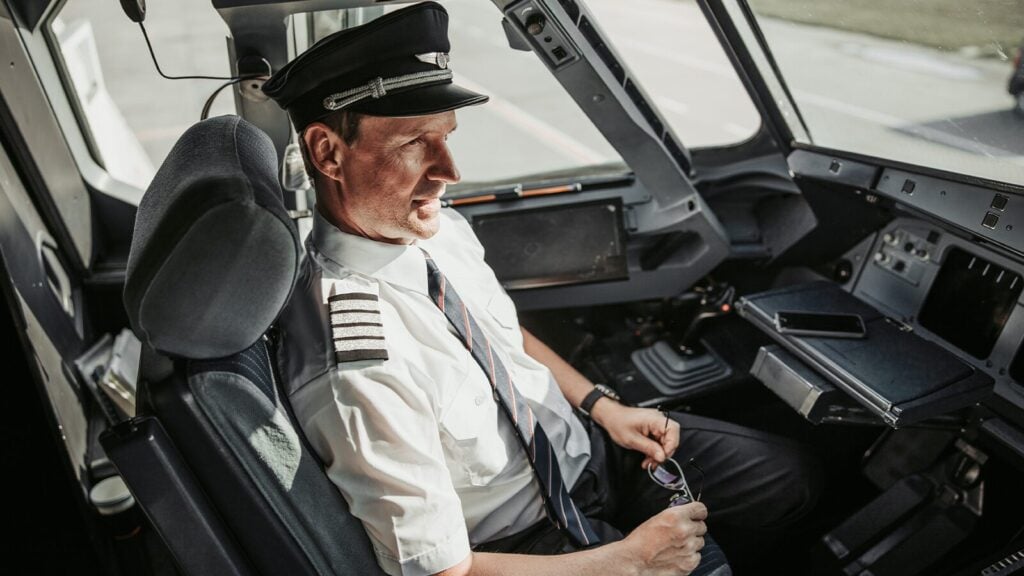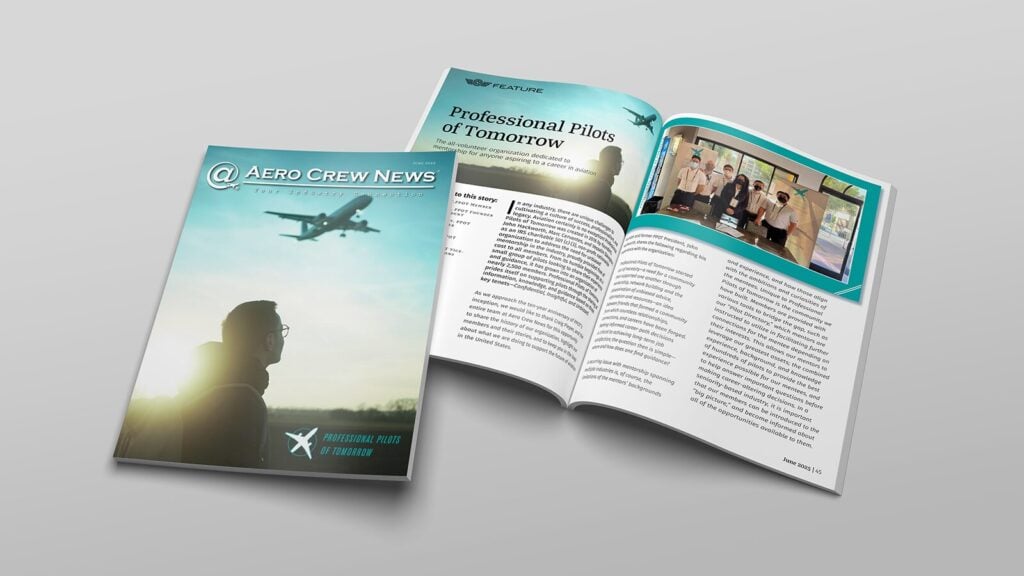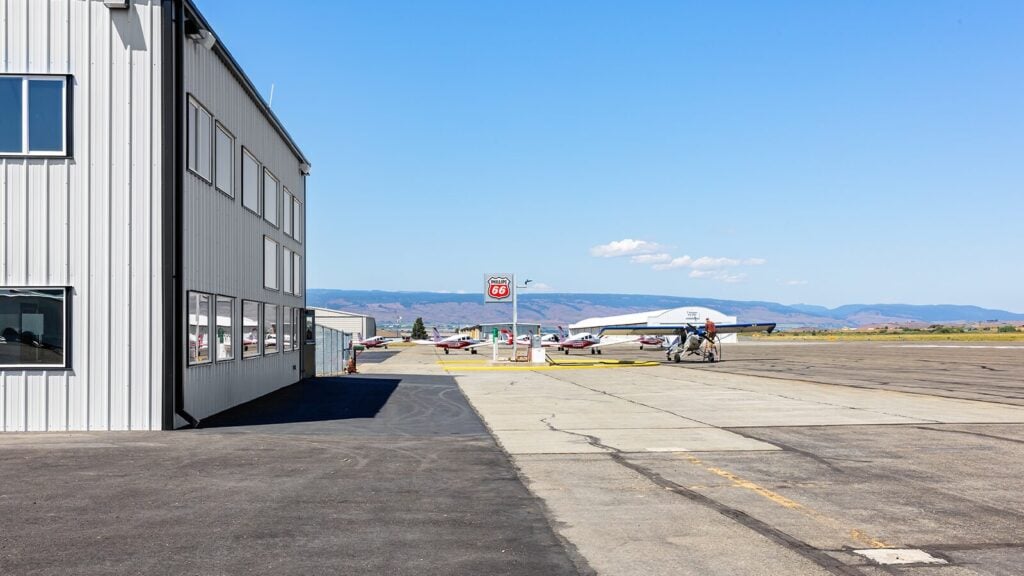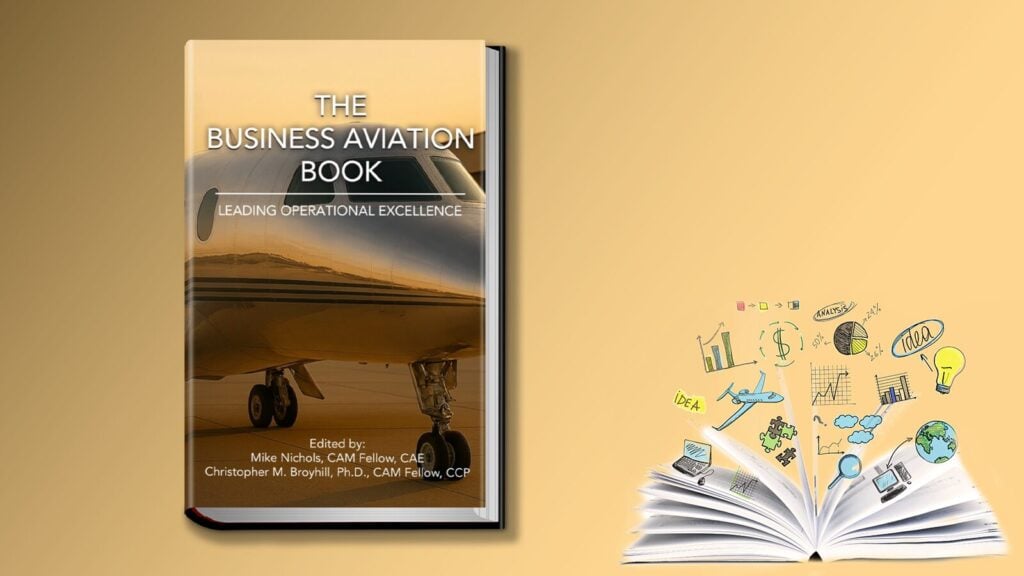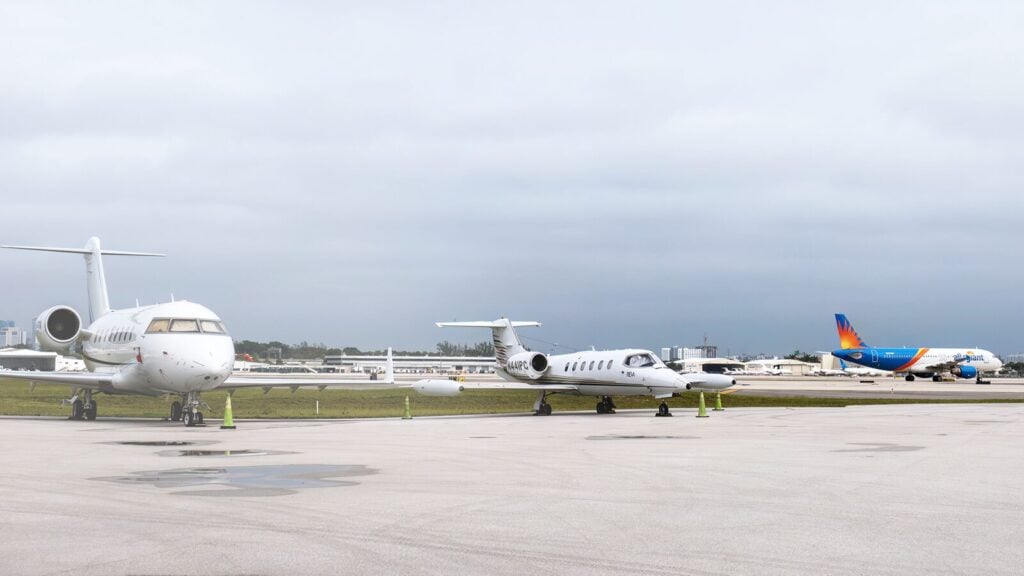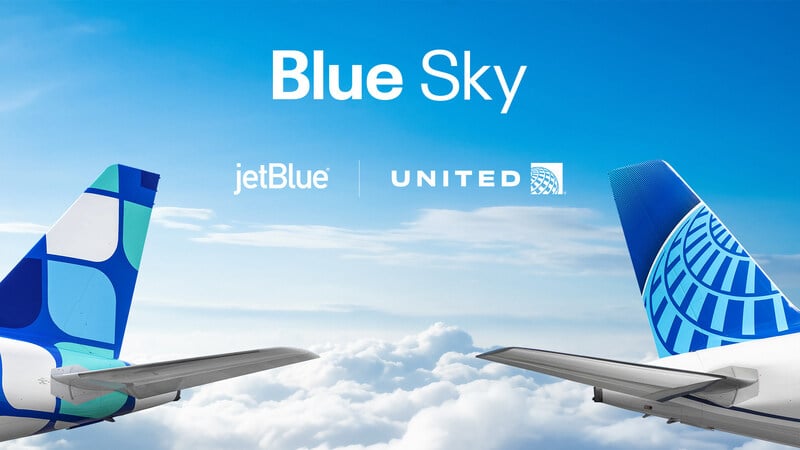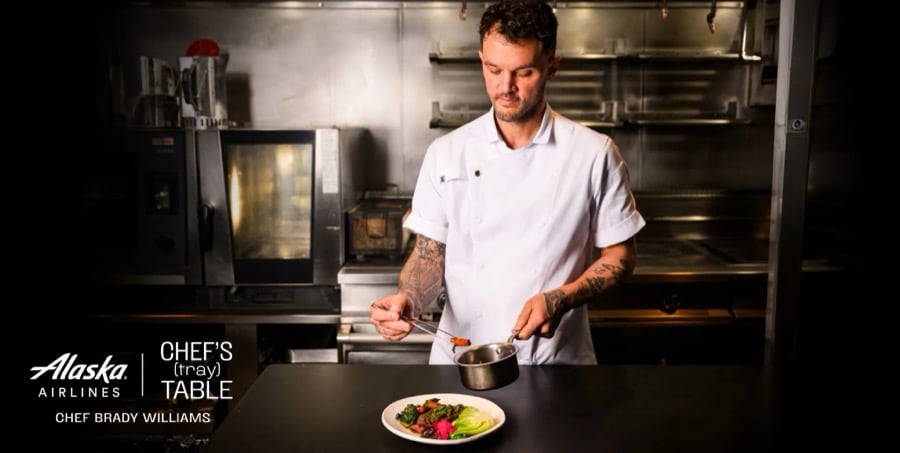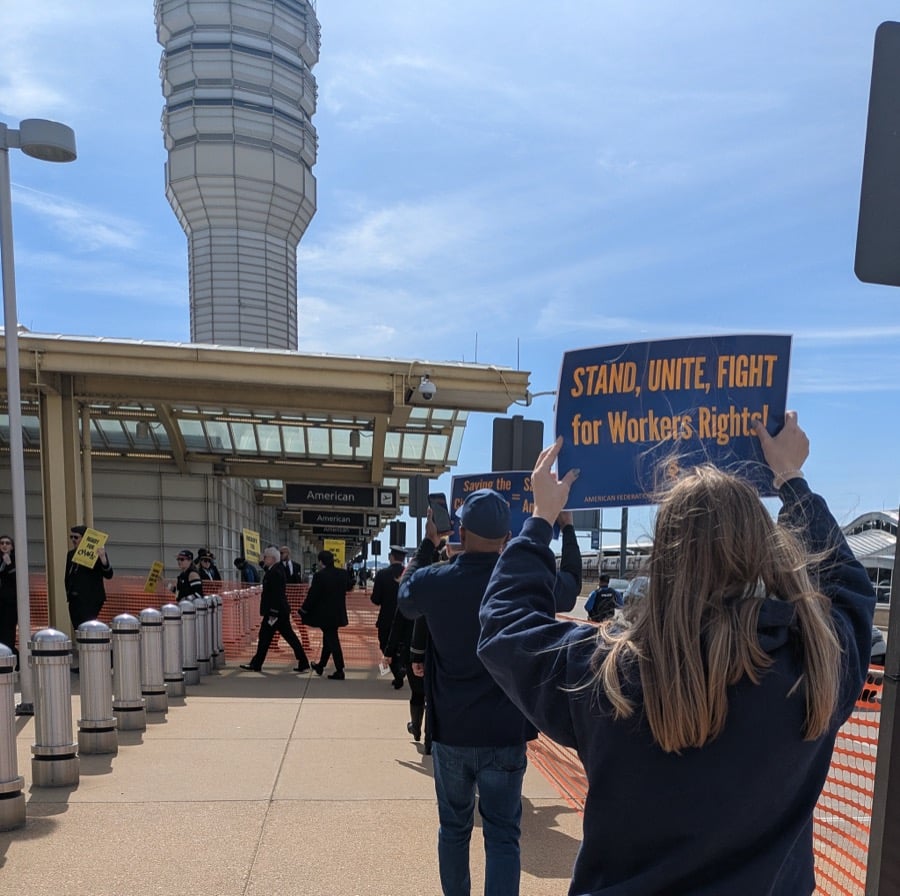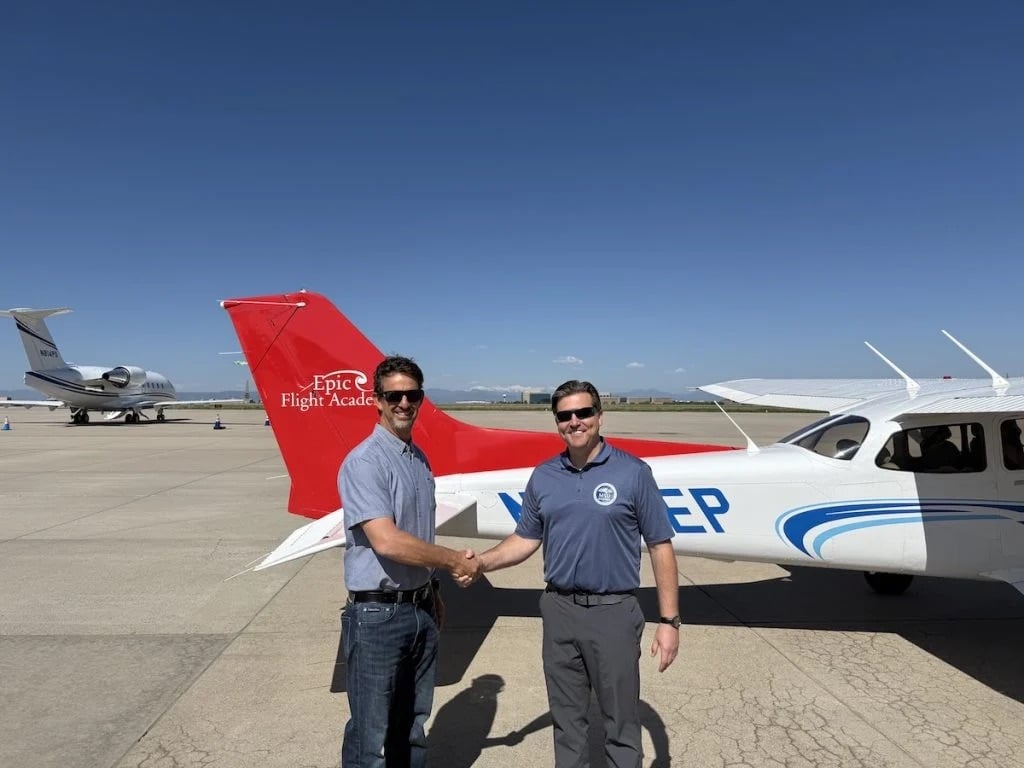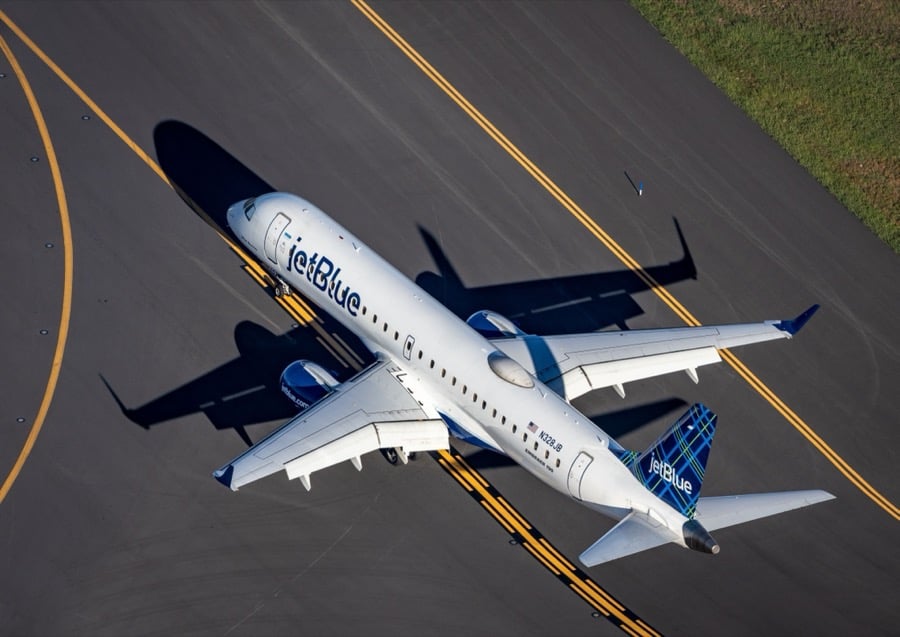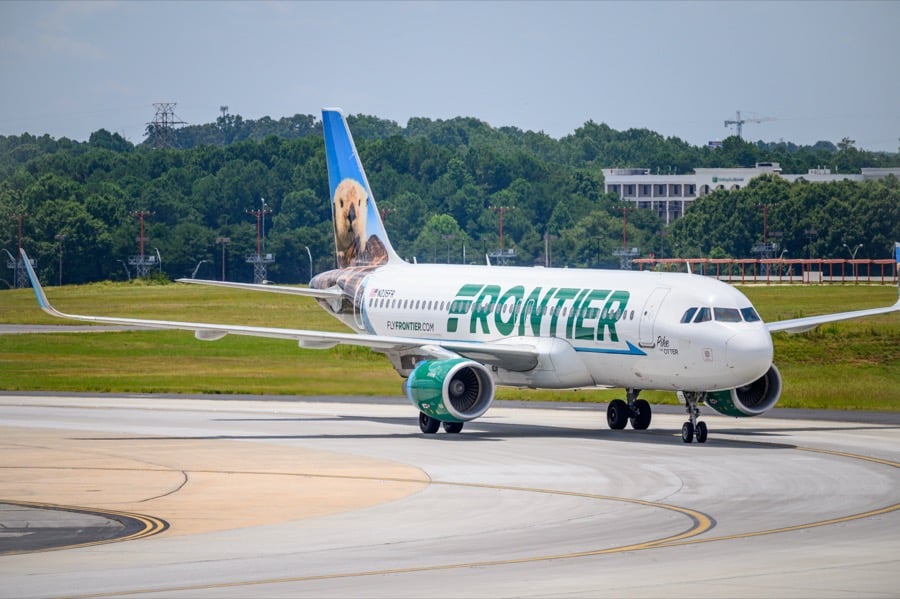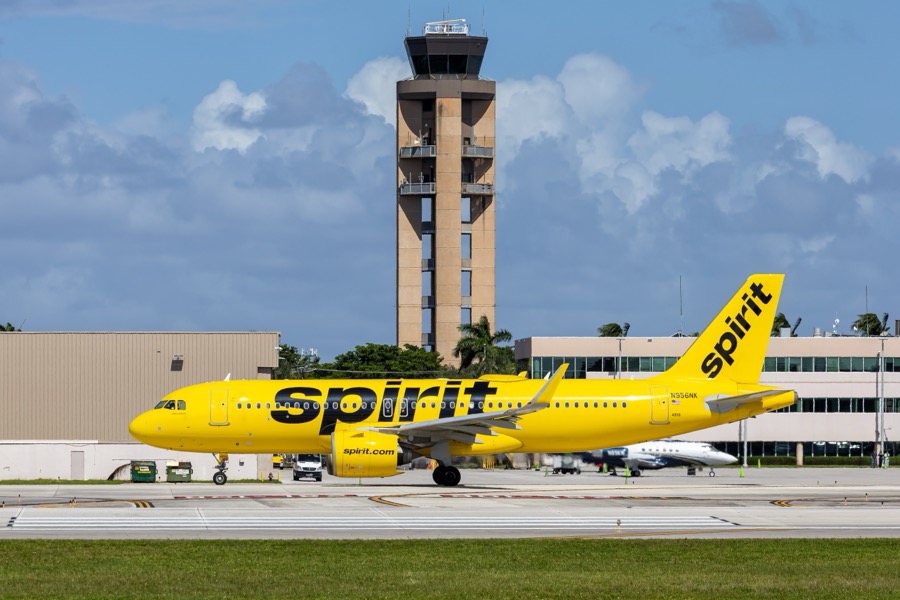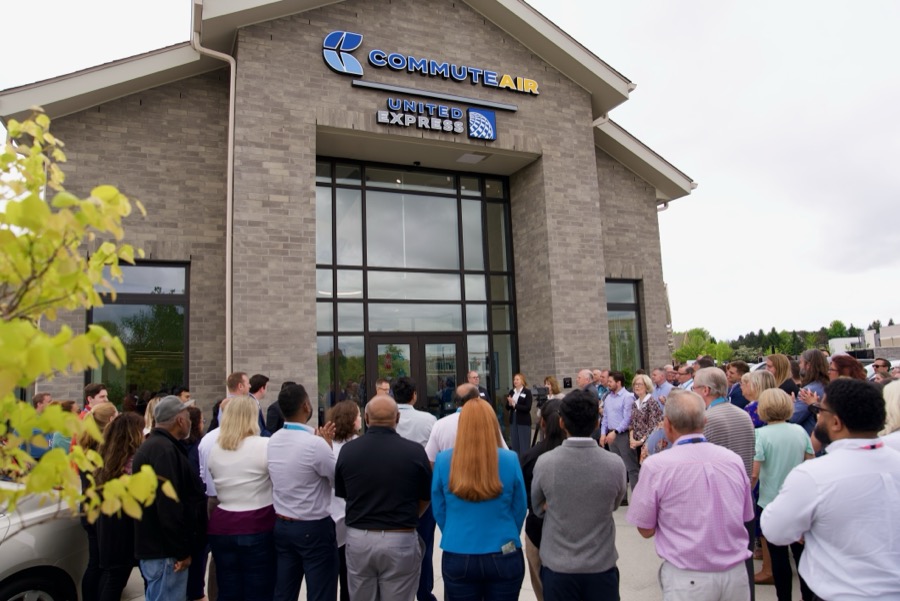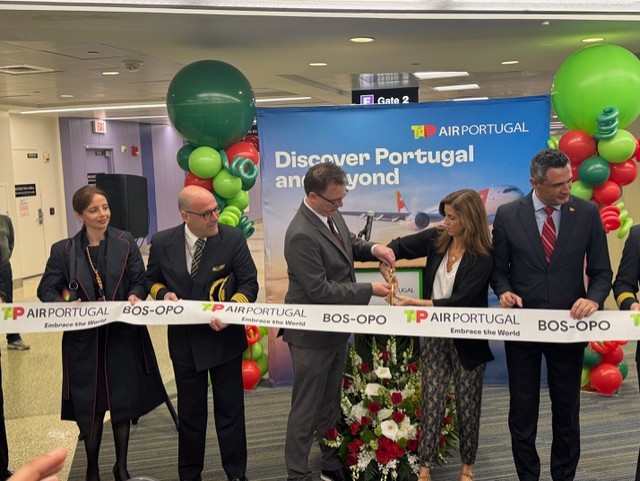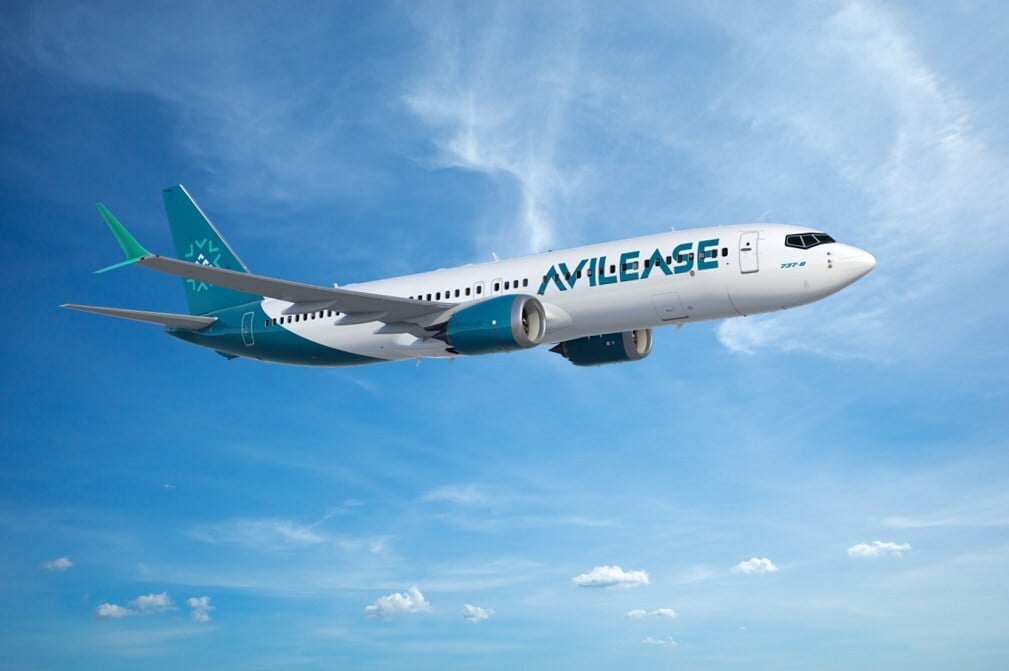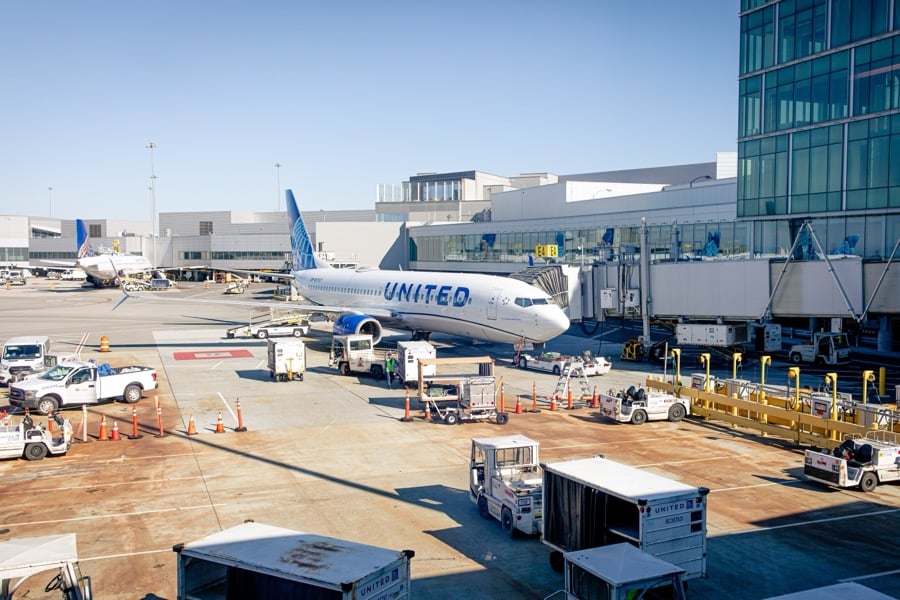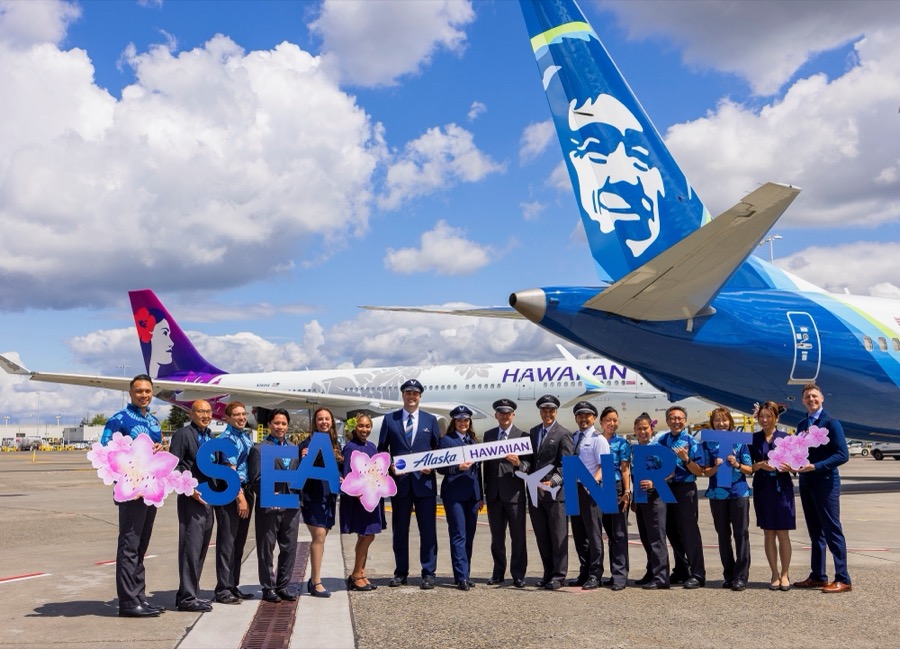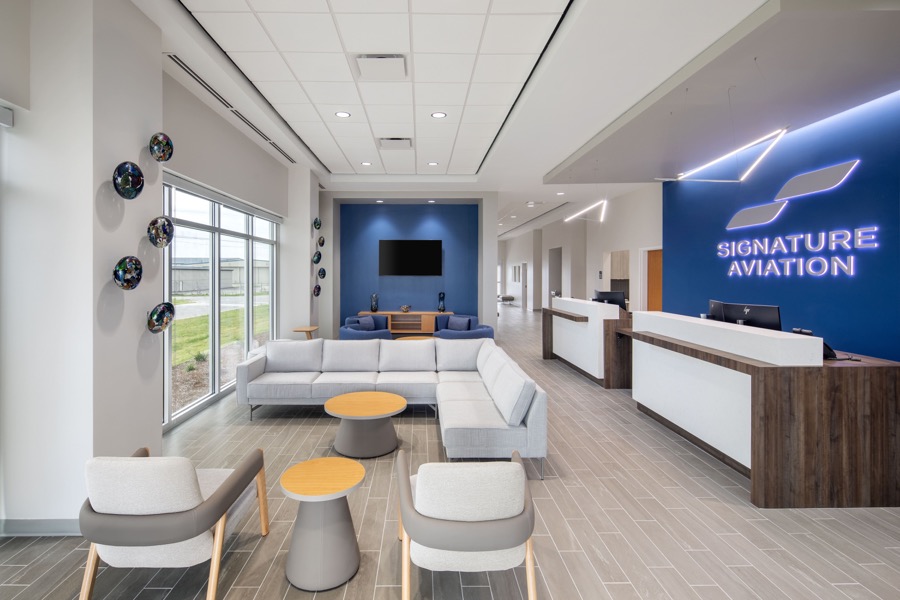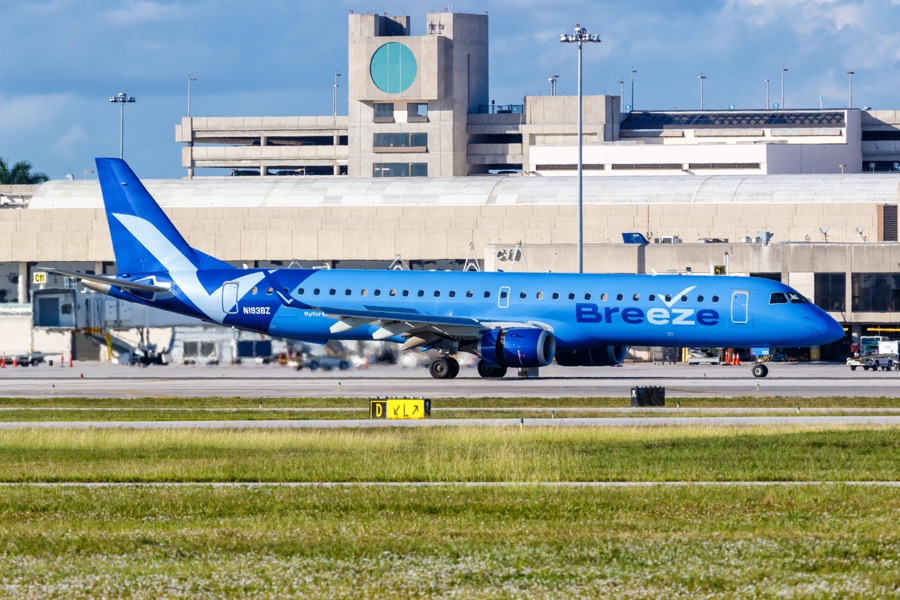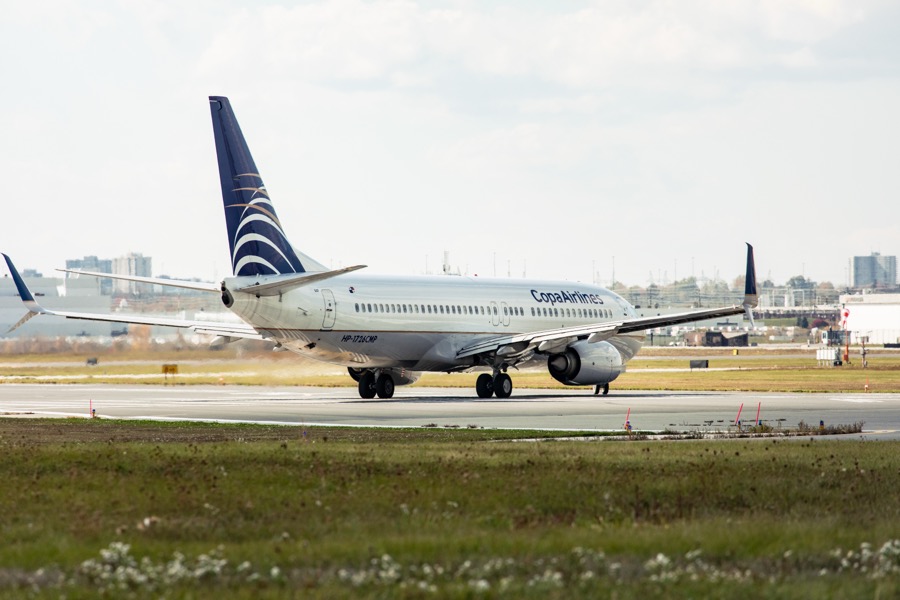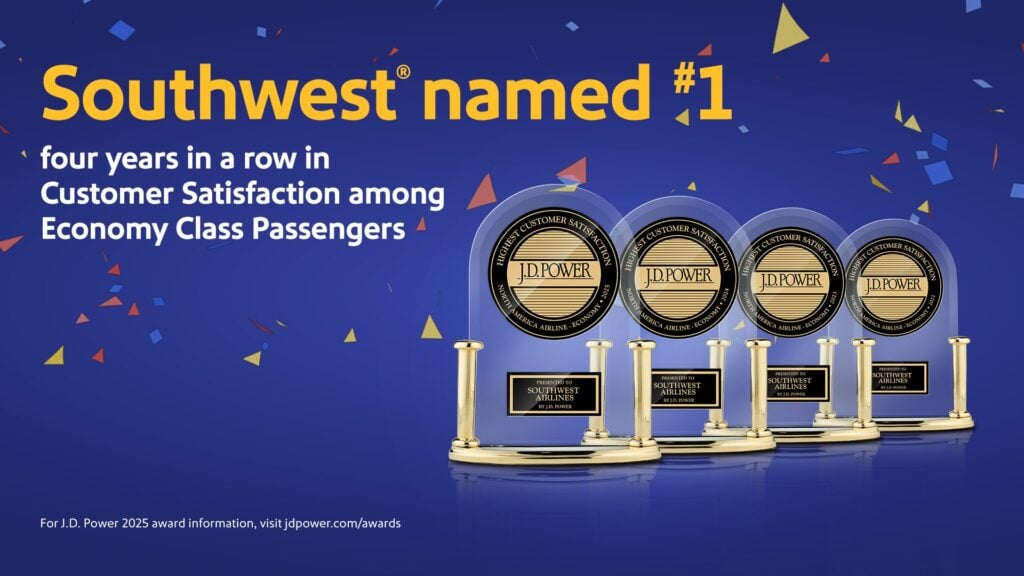Airline hiring is picking back up and so are the windows of opportunity for the various college career-pathway programs. Each program is unique, ranging from eligibility requirements to interview formats. The key is to familiarize yourself with those requirements as much as possible, so as to ensure that you are not missing out on potential career-changing opportunities.

Let’s start with flight training and answering questions such as: How do I pick a flight school or university? If you asked me that question a few years ago, my answer would have been very different than it is today. The global pilot shortage has prompted U.S. major airlines to create a supply structure of pilots (through university pathway programs) to join their ranks. Currently in the United States these are Propel (Delta) and Aviate (United).
Examining broadly, both share a common structure and underlying concept; interview candidates while in college and, if successful, offer them a job at the corresponding airline. Yet, why do these programs matter and how do they relate to picking a college? By attending one of the universities with which the airlines partner, you have a chance to obtain the job of your dreams faster than ever before. It is just another tool to ensure success in your future (if you put in the hard work, of course).
You may be asking yourself: How do I get noticed? How can I stand out among the candidates? What does it take to be selected for an interview? The answer to these question is to be the best version of yourself. The first day of my freshman year at Embry-Riddle Aeronautical University, I had one goal in mind – graduate as quickly as I could with the highest academic honors. You must take it seriously. Your actions in college will determine the success of your future career. Study hard, be prepared, soak in knowledge, get involved, and do it all well. There should not be one flight lesson for which you do not show up prepared. Study ahead of time and know exactly what line items will be covered during the activity (the objectives, the completion standards, the reference materials, etc.). Stay enrolled during summer terms to fly (if that’s an option) as this is s a great way to graduate early and achieve your goals faster.
Above all, preparation ahead of time is key. Have you been assigned a project due in three weeks? Start working on it today, not tomorrow. Surround yourself with people who are likeminded. Pilot training has many filters built into the curriculum (stage checks, end-of-course checks, FAA knowledge exams, etc.). Consistency and dedication are two of the most important traits of a student pilot. Be mindful, it is not a race either. We all learn at our own pace. I will say however, that repetition is important. (If you don’t trust me, look up “recency” – one of the six principles of learning). Flying frequently matters; it keeps you mentally engaged. If you can’t fly, try chair flying, observing other students or practicing on the simulators. In other words, do not let your brain stagnate.
The pathway programs seek leaders to build the pipeline, those individuals with strong work ethics, exceptional demeanor with strong skillsets. By no means, do they expect a perfect candidate. Be meticulous filling out applications but, most importantly, be honest and transparent. If selected for an interview, prepare as much as you can. I suggest that you seek advice from your professors and instructors for they are there to support you. Ultimately, realize that you have received an invitation because they want you there. Be yourself and portray your qualities and qualifications, demonstrating your passion and gratefulness for the opportunity.
Mentorship is a valuable resource to help you navigate and make important career decisions. Various free resources are available to provide answers to your questions. Many aviation organizations, among them National Gay Pilots Association and Professional Pilots of Tomorrow, offer career mentorship and advice, pairing you with a mentor. I was an international student arriving to this country with no knowledge of the industry, so I know first-hand the struggles you might encounter. I learned not to be shy and utilize all available resources. There are many people who are willing to help, but it is up to you to take the first step.












